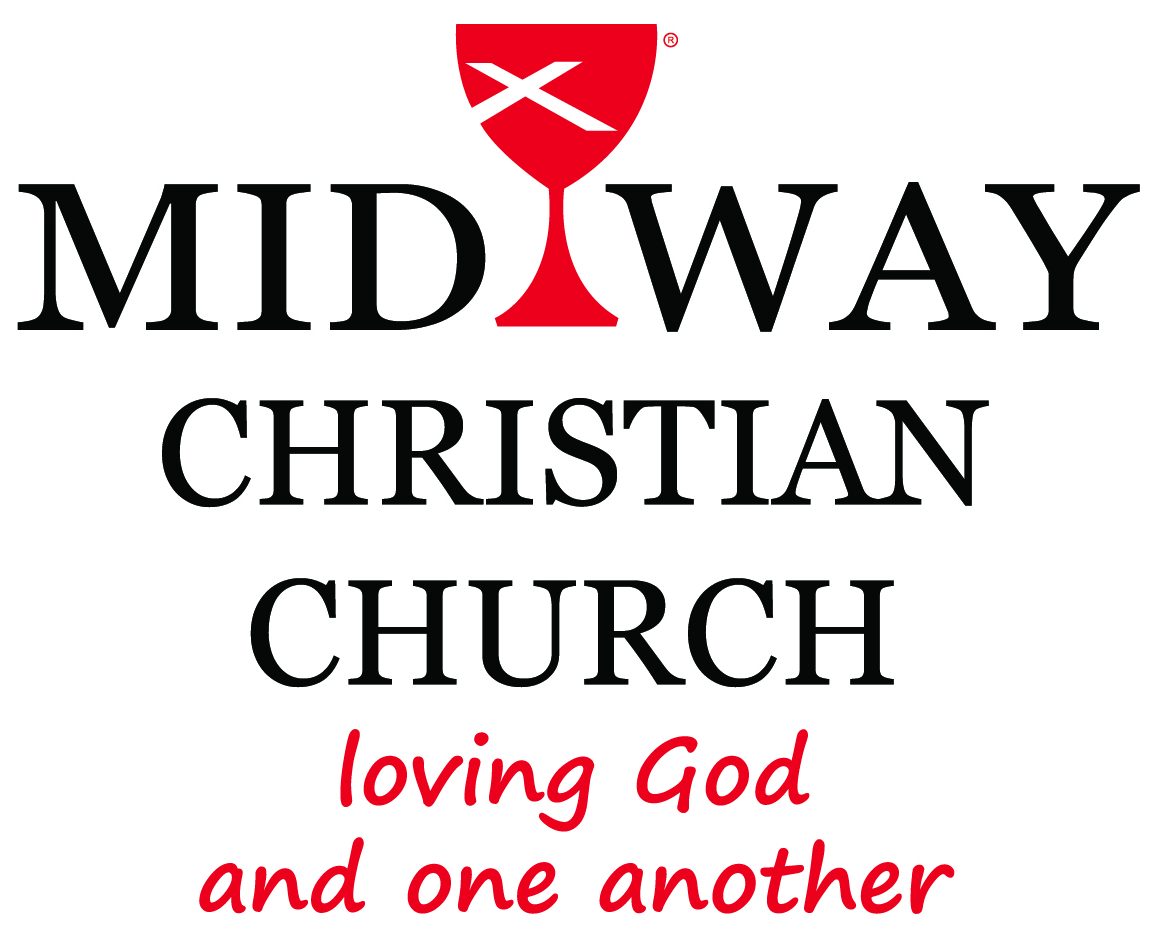There are a variety of theological opinions within the fellowship of believers, just as there were among the disciples of Jesus and the early church that we discover in Scripture. What binds us together in love is the single profession of Christ. This unity in diversity is expressed in one of our tradition’s cherished ideals: In essentials unity. In non-essentials liberty. It is both the right and the responsibility of each and every believer to interpret the Bible for themselves. We, therefore, value education! There are a variety of theological opinions within the fellowship of believers, just as there were among the disciples of Jesus and the early church that we discover in Scripture. What binds us together in love is the single profession of Christ. This unity in diversity is expressed in one of our tradition’s cherished ideals: In essentials unity. In non-essentials liberty. It is both the right and the responsibility of each and every believer to interpret the Bible for themselves. We, therefore, value education.
We do not use any formal creeds to determine the correctness of a person’s belief. Instead, we say that our creed is the entire Bible. This resistance to creeds developed in the early 1800s when such things were divisive among Christians and led many to leave the faith altogether over matters of opinion. Today, we value the creeds of other Christian traditions, but understand the limits of any human language to describe the nature of God. This is why we say: “No Creed but Christ. No Book but the Bible.”
 New Beginnings in Baptism
New Beginnings in Baptism
The depth of meaning of baptism as recorded in the New Testament can hardly be expressed briefly here. We believe that persons who are able to understand and profess on their own the simple confession that “Jesus is the Christ, the Son of the Living God” are ready to consider baptism. There are classes available to more fully prepare candidates as well. Like Communion, however, we understand baptism to be more of a foundation of faith than a result of it. The baptized recall the waters rushing over them throughout their lives and that gives them strength. We baptize by immersion. We also welcome into our fellowship those who have been baptized in other traditions.
Seeking Justice
 Our faith is most profoundly expressed by our concern for the world in which we live. We are a church that values justice, believing that followers of Jesus are called to be partners with God in creating on earth the way that it is in heaven. There are no divisions in God’s heaven based on race or social standing. There is no hunger. There is no pain and suffering. Every tear is to be wiped from our eyes! We, therefore, are very concerned about those realities around us. We seek reconciliation between peoples from the divisions that have damaged us. We are one in Christ. We seek to provide ministries to those in need around us. We are a church that cares.
Our faith is most profoundly expressed by our concern for the world in which we live. We are a church that values justice, believing that followers of Jesus are called to be partners with God in creating on earth the way that it is in heaven. There are no divisions in God’s heaven based on race or social standing. There is no hunger. There is no pain and suffering. Every tear is to be wiped from our eyes! We, therefore, are very concerned about those realities around us. We seek reconciliation between peoples from the divisions that have damaged us. We are one in Christ. We seek to provide ministries to those in need around us. We are a church that cares.
Centrality of the Lord’s Supper
 In every worship service we celebrate the Lord’s Supper. And we invite everyone to share Communion with us. Why? We believe that the table significantly demonstrates our unity. And we believe that this meal was intended to be a foundation for our faith – something that gives us strength and reason for reflection. We hold that no person could ever be “worthy” of such a fellowship with Christ. No faith would ever be correct enough. No life could ever be pure enough. So, we humbly recognize that Christ died while we were yet sinners and invite all present to share together the bread and the cup. It is not a result of our faith. It is the foundation of our faith. The chalice symbolizes the central place of communion in worship for the Christian Church (Disciples of Christ). Within our chalice symbol, the X-shaped cross of the disciple Andrew is a reminder of the ministry of each person and the importance of evangelism. (disciples.org)
In every worship service we celebrate the Lord’s Supper. And we invite everyone to share Communion with us. Why? We believe that the table significantly demonstrates our unity. And we believe that this meal was intended to be a foundation for our faith – something that gives us strength and reason for reflection. We hold that no person could ever be “worthy” of such a fellowship with Christ. No faith would ever be correct enough. No life could ever be pure enough. So, we humbly recognize that Christ died while we were yet sinners and invite all present to share together the bread and the cup. It is not a result of our faith. It is the foundation of our faith. The chalice symbolizes the central place of communion in worship for the Christian Church (Disciples of Christ). Within our chalice symbol, the X-shaped cross of the disciple Andrew is a reminder of the ministry of each person and the importance of evangelism. (disciples.org)

